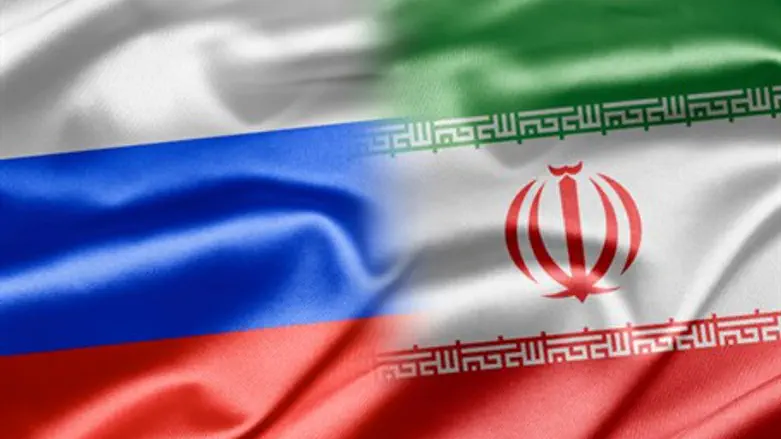
Syria, which accused Israel of carrying out airstrikes near their nation's capital Sunday, subsequently complained to the United Nations about the strikes.
In a letter addressed to UN Secretary-General Ban Ki-moon and the UN Security Council, the Syrian Foreign Ministry said that Israel “has committed a heinous crime against the sovereignty of Syria."
Describing the "crime," the letter continued: "Israeli warplanes attacked two safe areas in al-Dimas and near Damascus International Airport in Damascus Countryside, causing material damage in a number of institutions there.”
Syria concluded their letter by demanding that the Security Council "severely condemn the Israeli attack and impose punitive sanctions on Israel due to its support of Syrian terrorist organizations."
They're not the only ones protesting; on Monday, Russia too spontaneously demanded an explanation from Israel about Sunday's reported air strikes, which reportedly targeted advanced Russian missiles being transferred to Hezbollah terrorists.
In their own letter to the United Nations, Russia complained about Israel's "aggressive action" and demanded that such attacks never happen again.
"Moscow is deeply worried by this dangerous development, the circumstances of which demand an explanation," Russian foreign ministry spokesman Alexander Lukashevich said.
Israel, for its part, has neither confirmed nor denied the strikes.
Reports from Arab media outlets have surfaced stating that the Syrian military sites struck on Sunday were being used to store weapons destined for Lebanese terrorist group Hezbollah.
The sophisticated weapons being stored included Russian-made S300 surface-to-air missiles, as well as Iranian missile systems.
A Syrian military source confirmed that the hangars at Damascus International Airport contained missiles. However, he provided no further details about their use or destination. He added that Iranian drones, Syrian troops and Hezbollah forces were stationed at the air base in Dimas which was struck.
Iran is considered Syrian President Bashar Assad's closest ally, and Shi'ite terrorist militias like Hezbollah have played key roles in backing Assad's forces against Syrian rebels.
Israel, reportedly, has a history of conducting these types of strikes in attempts to stop "game-changing" weapons from being transferred to Hezbollah - their hostile terrorist neighbors to the north.
Without confirming or denying the strikes, Intelligence Minister Yuval Steinitz (Likud) told Israel Radio Monday, "We have a firm policy of preventing all possible transfers of sophisticated weapons to terrorist organizations."
In Tehran on Monday, Syria and Iran's foreign ministers further condemned the air strikes, calling them an act of aggression, proving Israel is "in the same trench" as extremist groups fighting the Syrian government.